Master Your CRM: The Ultimate Salesforce Health Plan for 2025
Salesforce Health Cloud has become an effective healthcare CRM platform, seamlessly integrating patient data while enhancing care team collaboration,...
4 min read
 Jimmy Pomella
:
Sep 24, 2024 4:28:27 PM
Jimmy Pomella
:
Sep 24, 2024 4:28:27 PM
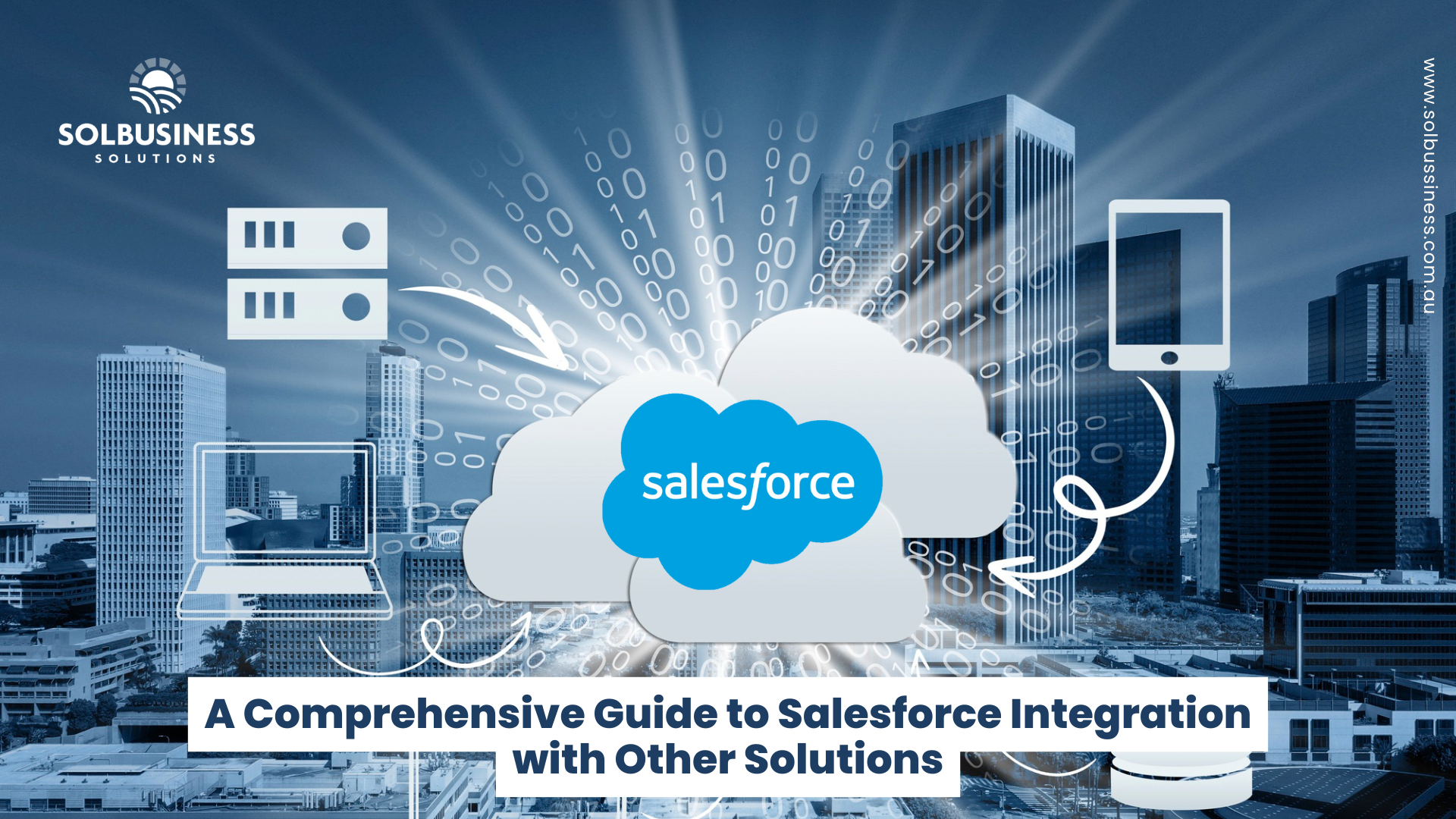
Salesforce is one of the strongest CRM technologies around, which means that it gives businesses a competitive advantage through streamlined sales, marketing, and service customer processes. But imagine you could take advantage of supercharging your Salesforce by integrating it with other tools and software you use every day. That's exactly where Salesforce integration fits in. Whether you want to connect it with your e-commerce platform, ERP system, or marketing automation tool, integrating such technology into Salesforce is definitely going to give you a smoother workflow and better customer experience.
In this guide, we will cover everything that one needs to know about Salesforce integration-from why it is important to how to do it best.
Imagine your relay race where every runner passes the baton perfectly to the next: fast, fluid, and never dropped. That's what Salesforce integration does for your business tools-to ensure that all the software you use-be it an e-commerce platform, a marketing automation tool, a support system, and more-permits data to flow smoothly back and forth.
So why does it matter? Most probably, you are wasting your time on manual data transfers or you are running the risk of human errors and losing critical insights. With integration with Salesforce, all of your tools are cooperating with each other, so you spend more of your time growing your business instead of handling data. In other words, integration lets you do more but with fewer efforts—and who would not want that?
Salesforce is like the brain of your business—it stores customer data, tracks interactions, and provides valuable insights. But the brain needs a body! By integrating Salesforce with other tools, you give it the ability to act—whether that’s automating marketing campaigns, streamlining your sales process, or offering personalized customer service.
Here’s why businesses are making Salesforce their integration hub:
You don’t need a team of tech wizards to integrate Salesforce with other products, though it might seem intimidating at first. Here’s a simple breakdown of how to do it:
Identify What to Integrate: Start by listing the key systems your business relies on—marketing, e-commerce, customer support, and so on. Think about the tools you use every day, like Mailchimp for email campaigns, Shopify for online sales, or Zendesk for support tickets.
Pick Your Integration Approach:
Personalize the Setup: Every business is unique, so tailor your integration to match your workflows. Set up automation rules, decide what data gets synced, and make sure everything aligns with how your team operates.
Test: Before you go live, thoroughly test the integration to ensure it’s working as expected. Fix any issues, weaken the setup if necessary, and get feedback from your team.
Ongoing Maintenance: Once your integration is live, it’s crucial to keep an eye on it. Regularly monitor performance, update systems when needed, and make adjustments as your business grows or new features are introduced.
Getting your integration to work is one thing; making it perfect is another. Here’s how to ensure your Salesforce integration hits the mark:
For e-commerce businesses, integrating Salesforce is like connecting the heart of your operations to the lifeblood of your business: sales and customer data. Here are some popular e-commerce platforms you can integrate:
These integrations empower you to personalize marketing, provide better support, and make smarter business decisions—all without the manual labor.
To fully leverage these integrations, consider working with a Salesforce Consulting Partner. They can guide you through the setup and ensure your e-commerce solutions are seamlessly integrated with Salesforce, maximizing efficiency and impact.
Salesforce integration is a powerful way to streamline your business, eliminate data silos, and unlock the full potential of your tools. By connecting Salesforce with your other platforms, you create a seamless flow of information that boosts productivity, enhances customer experiences, and drives smarter decisions.
Ready to integrate Salesforce into your business for streamlined operations and smarter decisions, Sol Business Solutions is your trusted partner. We specialize in seamless Salesforce implementation, ensuring that your systems work together to unlock your business's full potential.

Salesforce Health Cloud has become an effective healthcare CRM platform, seamlessly integrating patient data while enhancing care team collaboration,...
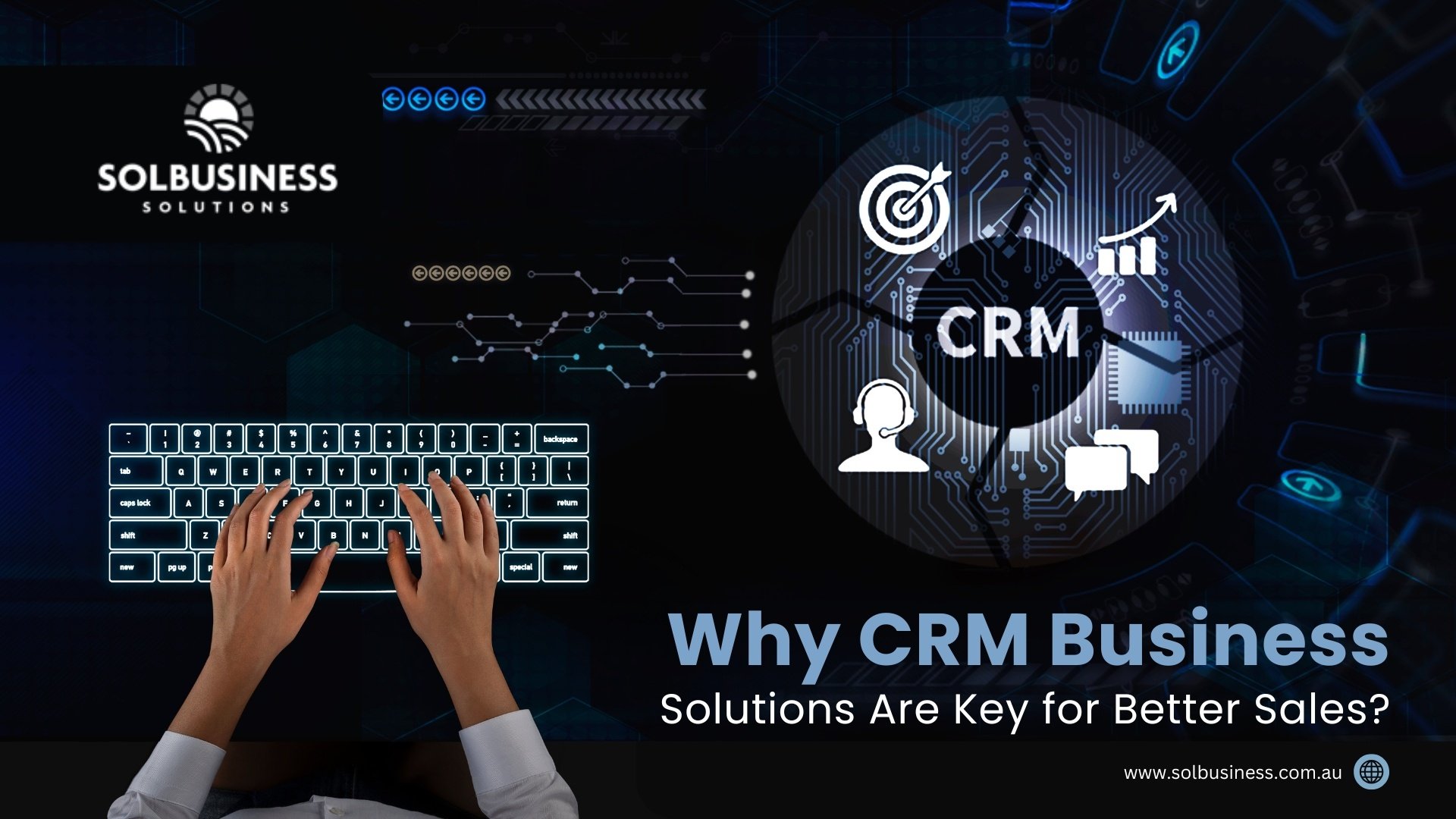
Imagine a world in which every interaction with your clients is smooth, your sales team is always aware of the next excellent step, and your...
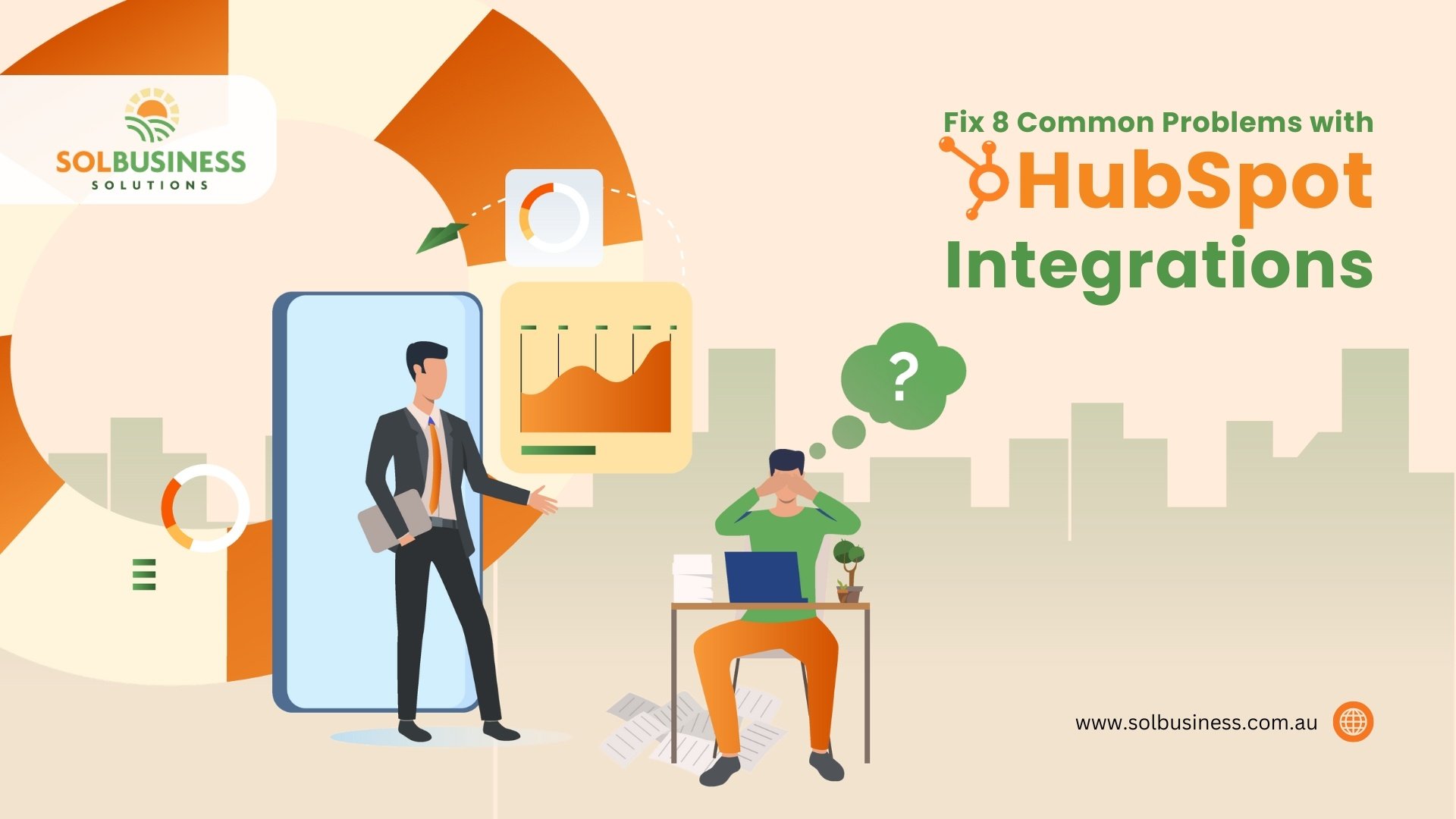
HubSpot integrations can supercharge your marketing, sales, and customer service efforts by connecting your tools and creating seamless workflows....
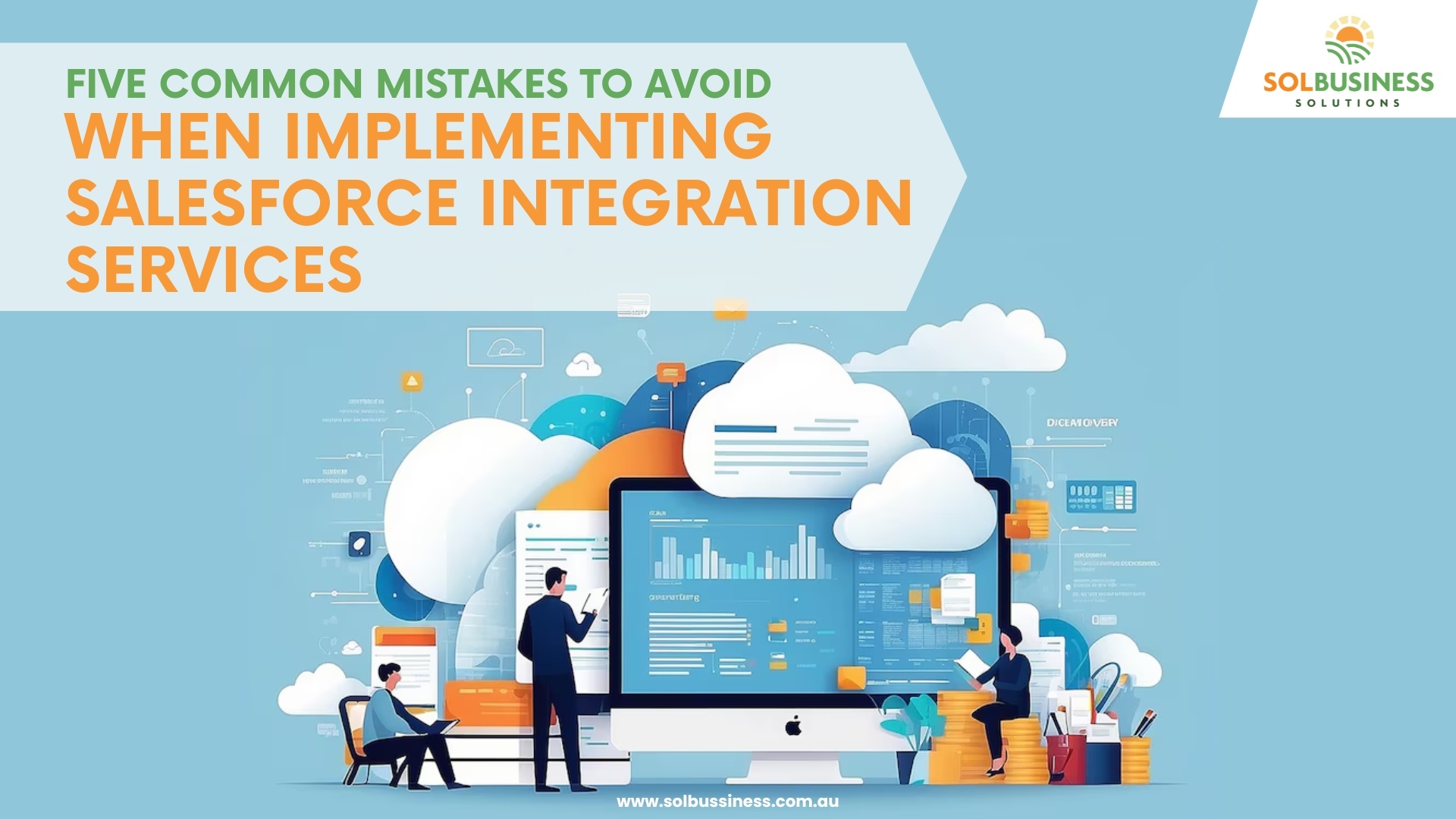
4 min read
In this digital marketing era, fluently managing and maintaining a company's diverse client database is one of the biggest issues businesses face. As...

4 min read
In this instantly moving world, businesses, whether small or large scale, experience the ultimate digital transformation landscape. As a result,...
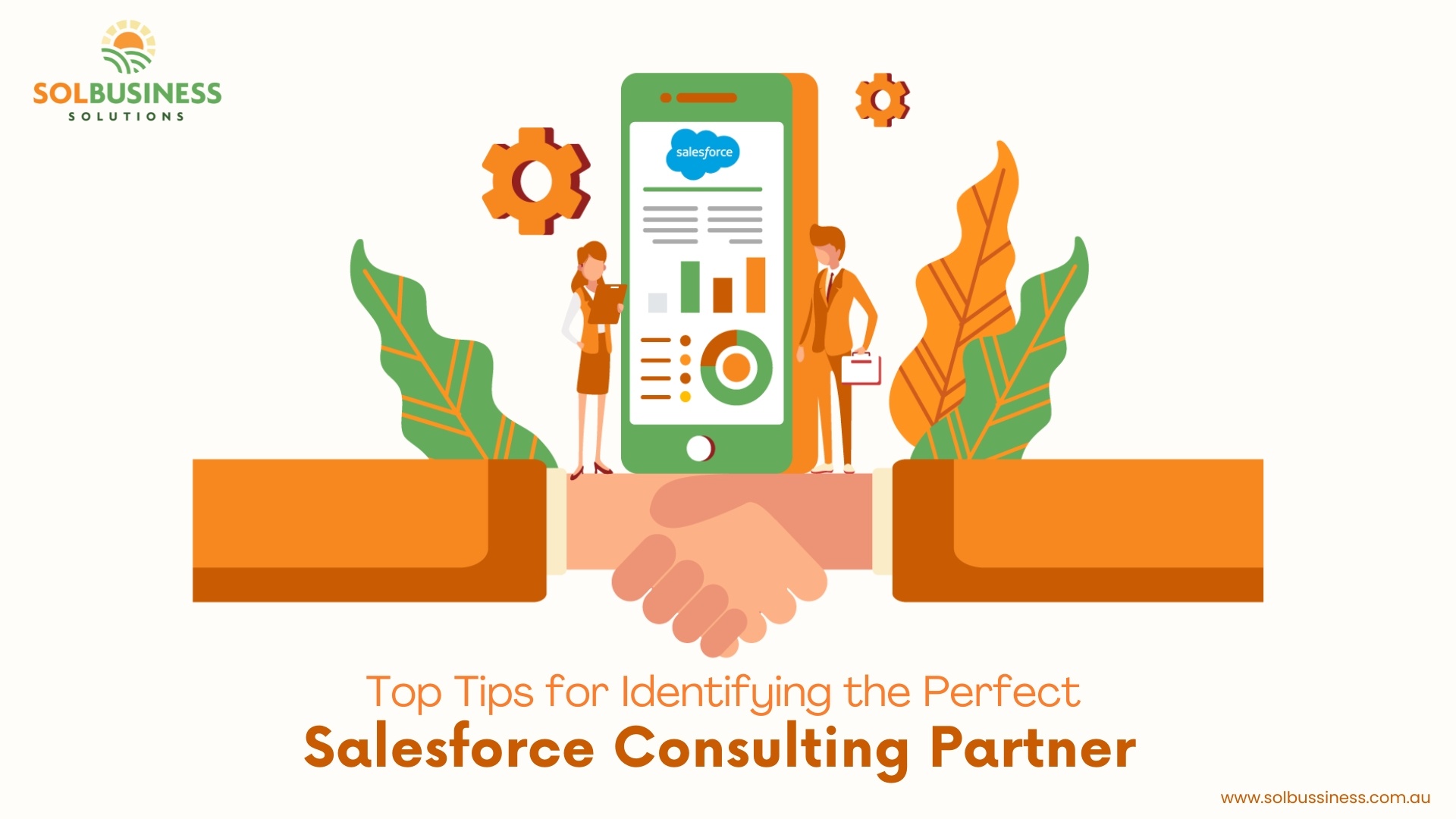
6 min read
Nowadays, businesses worldwide are moving their business programs to the cloud, and the market's only CRM platform provides the strength,...